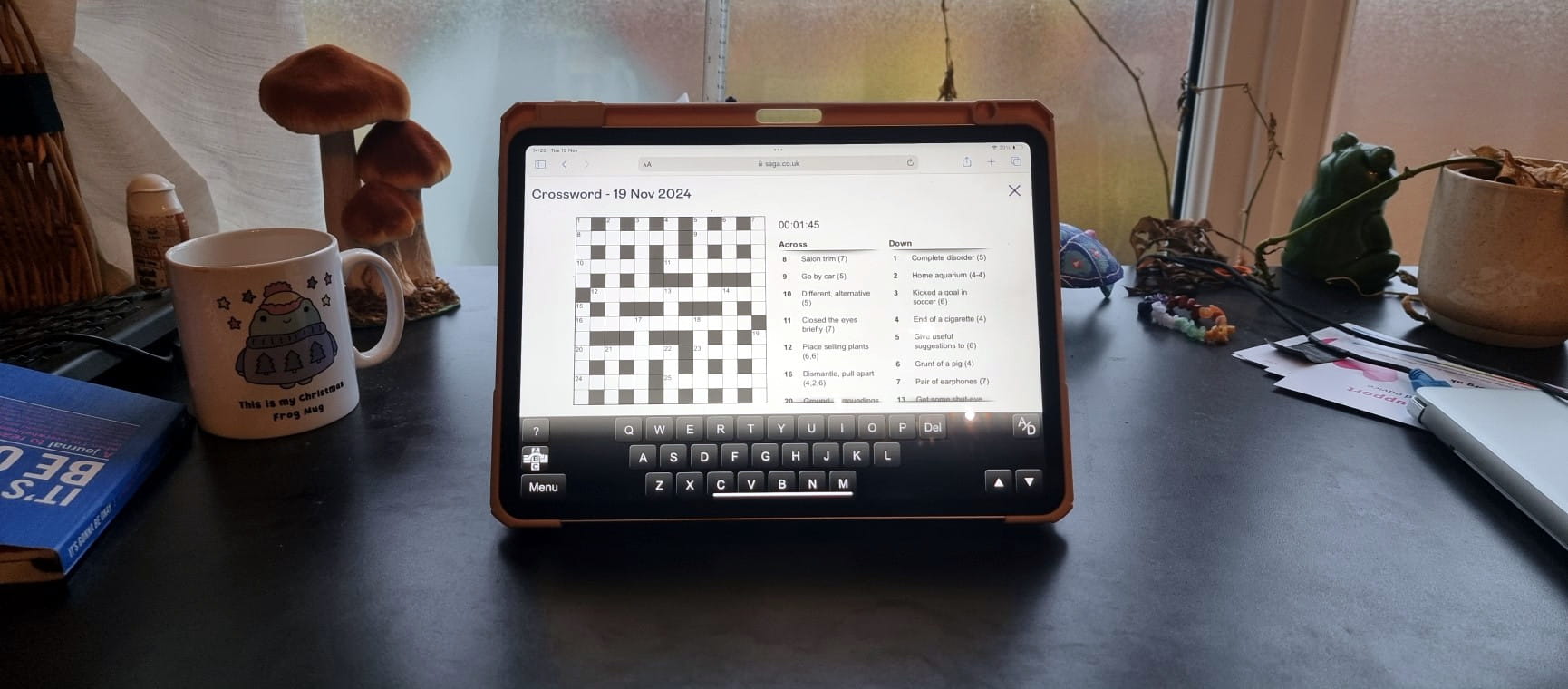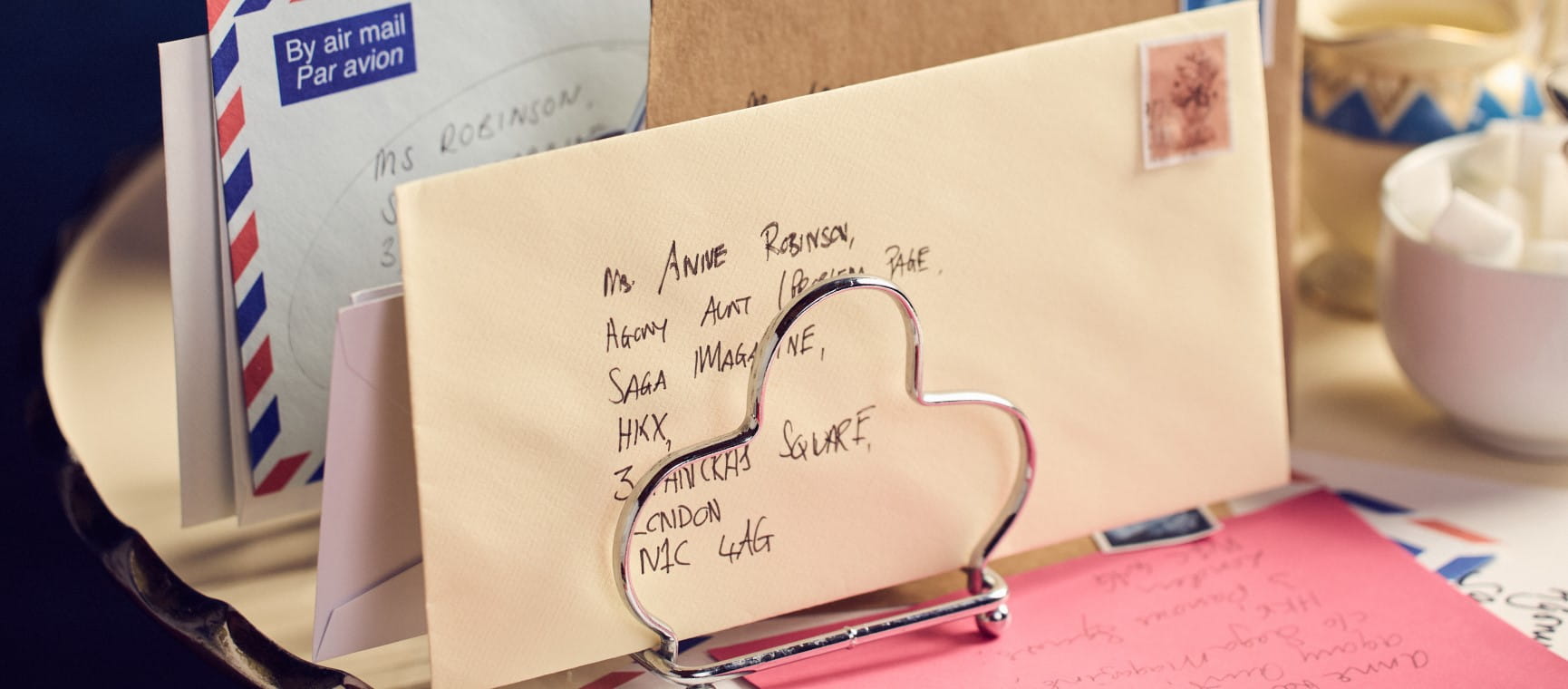How to help a grieving friend
Losing a loved one is one of life's most profound and challenging experiences, Here are some of the ways to help a friend who’s grieving.

Losing a loved one is one of life's most profound and challenging experiences, Here are some of the ways to help a friend who’s grieving.

In 2006, my five-week-old son died, and my world fell apart.
I remember little about the immediate aftermath of his death, and even the months that followed exist in my memory as a series of disconnected moments. My pain was so great that I thought I might die too — indeed, there were days when I wanted that more than anything — and yet 18 years on, I am still here.
My grief has softened into something lighter and easier to carry, thanks in no small part to the family and friends who have supported me in my grief.
Losing a loved one is one of life's most profound and challenging experiences, and navigating grief can be overwhelming, both for the bereaved, and for those wanting to offer support.
It can be hard to know what to say or do for the best, and too often, we end up saying or doing nothing at all. Here are some of the ways you could help a friend who’s grieving.
Simply being there for your friend can make a world of difference. Make time to listen to them without judgment or interruption.
Allow them to express their feelings openly, whether it's sadness, anger, or confusion. Your presence, even in silence, can provide immense comfort during their darkest moments.
Grief can be mentally and physically exhausting, and everyday tasks may feel overwhelming.
Offer practical assistance such as running errands or helping with household chores. In my experience, the more specific you can be, the more it will help.
“I’ll bring an evening meal every night this week” is both helpful and definitive, whereas “let me know if I can do anything” requires the bereaved person to first make a decision, and then to contact you. Both those things can be unbelievably hard when you’re grieving.
Everyone grieves differently, and there's no right or wrong way to navigate loss. Respect your friend's unique grieving process and refrain from imposing your own timeline or expectations.
Allow them the space and time they need to heal at their own pace. Humans are hard-wired to empathise, and it can be tempting to say “I know just how you feel”, or to introduce comparisons with your own experiences of grief, but try to hold back: the only loss that matters right now is your friend’s.
When my son died, I grieved for the memories we never had the chance to create.
It felt very different when my father died, a few years later, and although reminiscing came with its own sadness, it was comforting to hear stories from other family members, and talk about the times we’d enjoyed together. Too often, we avoid talking about someone who’s died, for fear of upsetting their loved ones, but silence can be just as hurtful.
Encourage your friend to share memories of their loved one if they want to.
Provide your friend with information about local support groups, counselling services, or bereavement helplines. Knowing that help is available can empower them to seek the support they need to cope with their grief.
Offer to accompany them to appointments or meetings if they feel overwhelmed, but don’t push them if they don’t feel ready. Personally, I found group bereavement sessions overwhelming and triggering, and it was a long time before I felt ready to speak to a counsellor.
Everyone’s path is different.
Grief is like a chronic illness, with symptoms that flare and subside over the years. I had expected the sadness, the tears, even the fatigue, but I was totally unprepared for some of grief’s other symptoms. I was snappy with friends, losing my temper at the slightest thing.
For a time, I became bitter and jealous, resentful of others’ good fortune. I was ashamed of these negative traits, and it took time to understand they were part of my grieving process.
I’m grateful for the patience shown by my friends and family, and have learned to be compassionate to other bereaved people, should they appear bad-tempered or ungrateful.
Maintain regular contact with your friend, even after the initial shock of loss has passed. I recall so vividly the vast number of condolence cards I received following my son’s death, and then… what seemed like nothing.
Check in on bereaved people regularly. Send thoughtful messages, or suggest a coffee. Even if they decline your invitations, don’t stop. One day, they’ll say yes, and in meantime, your contact shows them they’re not alone.
The suggestions above are all things that have helped me since my son died, but they come with the caveat that everyone grieves differently.
Some people want to talk; others need space to be with their own thoughts. Some people are unable to manage everyday tasks; others need the distraction of doing their own chores.
Loss is universal, but grief is as unique to each of us as our love was for the person we lost. We can’t ever truly understand what someone is going through, but we can hold their hand as they navigate bereavement.
Clare Mackintosh’s book, I Promise it Won’t Always Hurt Like This – 18 assurances on grief, is published by Sphere (Hardback RRP £18.99)


We partner with Co-op Legal Services to offer advice and services for you and your family.

The ultimate guide to Saga Puzzles, full of technical tips, tricks and hints.

With the start of the new financial year on 6 April, our money expert explains the changes to your pension, benefits and taxes.





